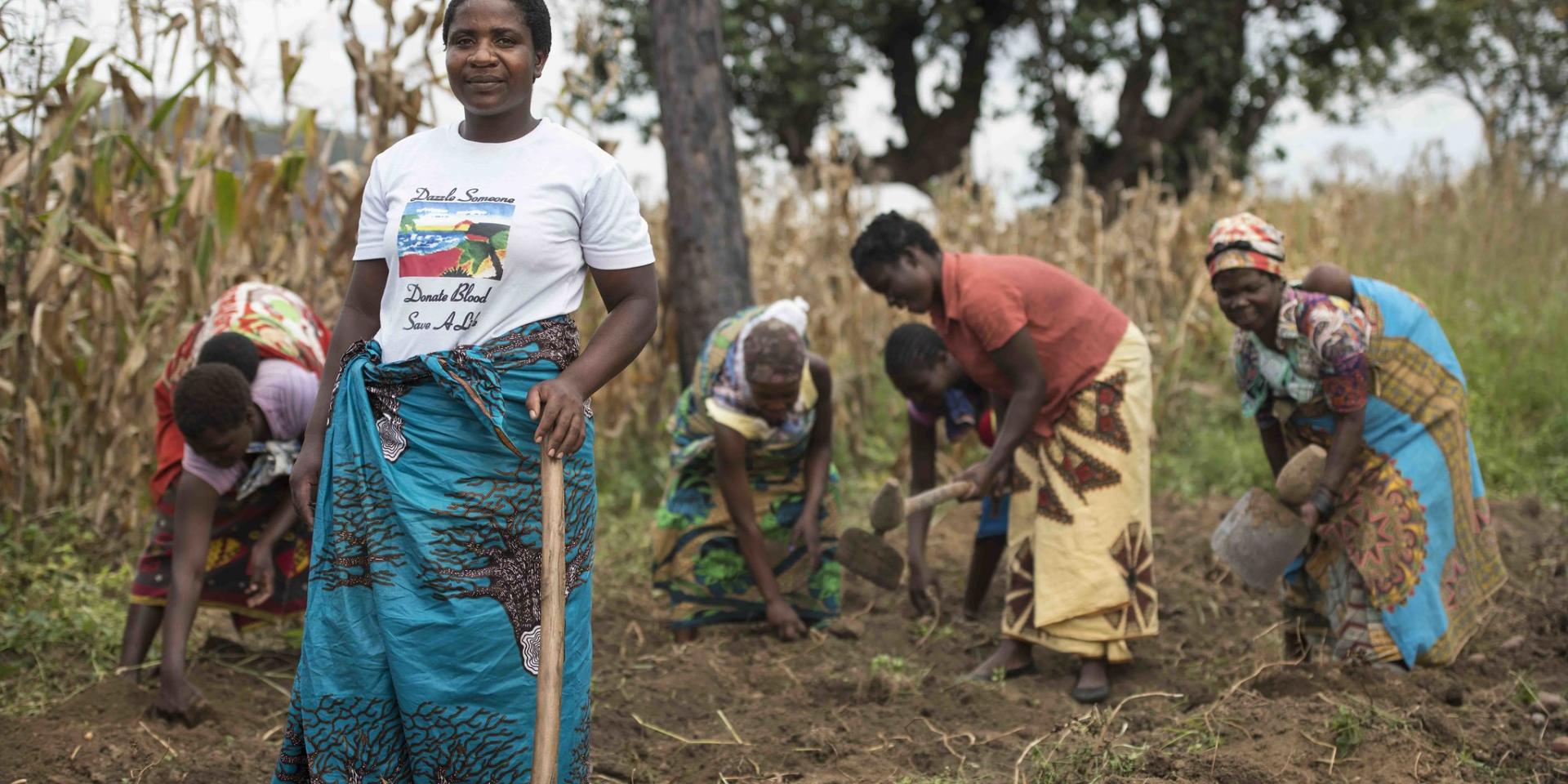To improve Africa’s soil health and plant nutrition, empower women farmers
 Photo: Hugh Rutherford/CIP
Photo: Hugh Rutherford/CIP
Healthy soils play a critical role in supporting agricultural productivity, climate change mitigation and resilience, and a range of ecosystem services. Up to 65% of Africa’s productive land is estimated to be degraded, and far too many smallholder farmers must eke out a living on degraded and nutrient depleted soils. While many technical options for soil improvement or restoration exist, a large number of them remain “on the shelf” or do not see widespread use due to sociocultural, institutional, economic, and policy barriers that stand in the way of their uptake at scale.
Gender inequality is deeply embedded in soil health and plant nutrient management; It reinforces these barriers and represents a “wicked problem” requiring a fuller understanding of context and culture-specific approaches. Persistent inequalities such as women’s lower access to both agricultural resources and knowledge are a significant contributor to the 24% gap in land productivity between women and men farmers on farms of equal size, as well as to major differences in labor productivity.
Addressing gender inequalities is now more urgent than ever, as fertilizer subsidies and other programs to support soil health—which remain largely gender-blind—are expanding in Africa and elsewhere amid the continuing series of global food price crises following in the wake of the COVID-19 pandemic and the Russia-Ukraine war. We need to bring gender sensitivity to these programs—developing context- and culture-specific understandings and approaches to empowering women farmers now to support soil health, improve plant nutrition and increase Africa’s agricultural productivity.
This week’s launch of the African Union’s African Fertilizer and Soil Health Action Plan: 2023-2033 at a Nairobi summit May 7-9 is a timely response to these challenges. A May 8 side event, sponsored by the CGIAR GENDER Impact Platform, the CGIAR NEXUS Gains Initiative, GROOTS Kenya, the U.S. Agency for International Development (USAID), and IFPRI will focus on empowering women farmers. In this post, we outline the issues women farmers face and make recommendations to build on the Action Plan—bringing greater gender equity and inter-linked agricultural productivity to programs supporting soil health.